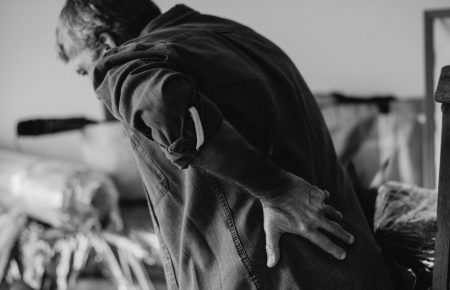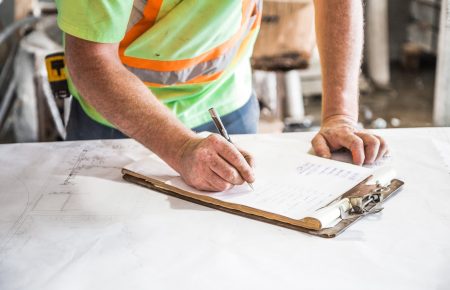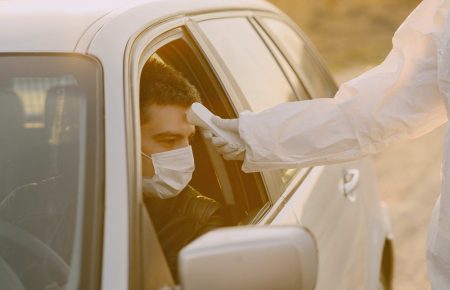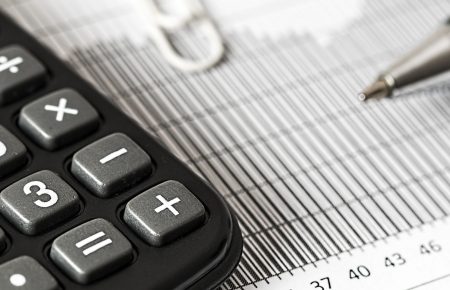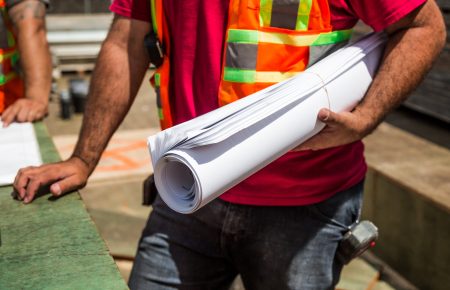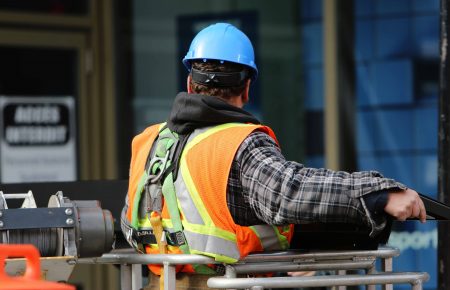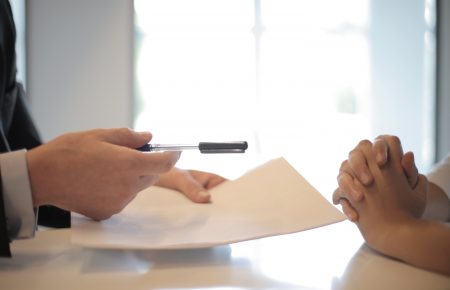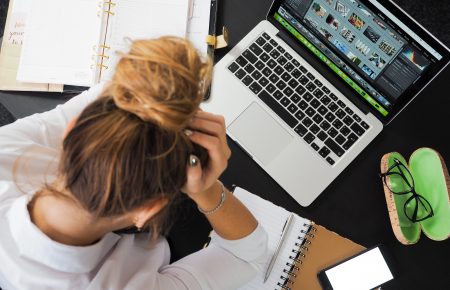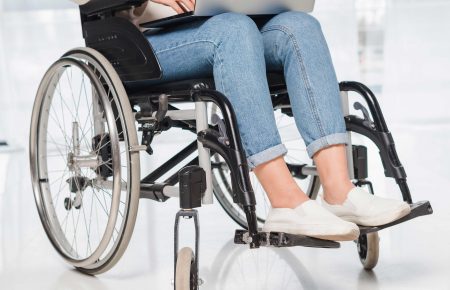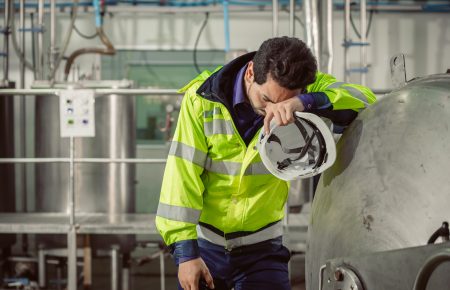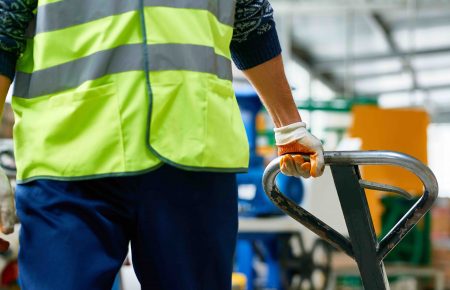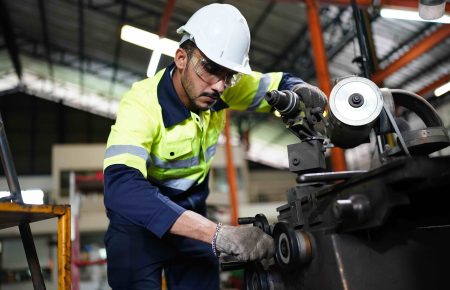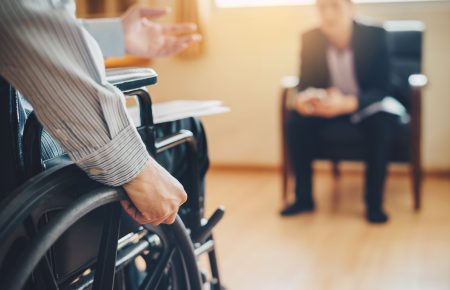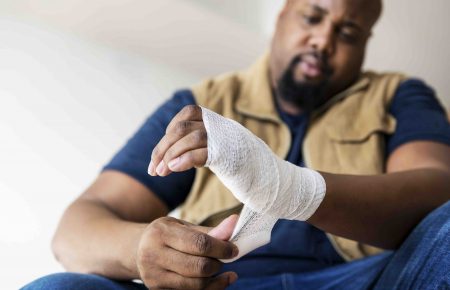Coronavirus (COVID-19) has now been declared a pandemic by the World Health Organization. There are now more than 180,000 cases across 140 countries. More than 7,000 have been fatal.
Obviously, coronavirus is a very serious issue. However, there are steps we can take to minimise the risk.
At Aegis RMS, our business is all about risk management. With that in mind, we have put together some recommendations for minimising risk both personally and at your place of business.
Personal responsibility
The World Health Organisation recommends being proactive and protecting yourself in the following ways.
To quote the WHO:
“Most people who become infected experience mild illness and recover, but it can be more severe for others. Take care of your health and protect others by doing the following:
• Wash your hands frequently
• Maintain social distancing• Avoid touching eyes, nose and mouth
• Practice respiratory hygiene
• If you have fever, cough and difficulty breathing, seek medical care early
• Stay informed and follow advice given by your healthcare provider”
In addition, the WHO recommends provisions for quarantine or self-isolation if you have travelled to a known coronavirus hotspot in the past 14 days or believe you have been in contact with a confirmed coronavirus case.
This advice agrees with what’s being recommended by Safe Work Victoria, which recommended on their website simple ways workers can protect against infections and maintain good safety and hygiene: washing hands, covering mouth when coughing or sneezing and seeking medical help when unwell.
Business responsibility
Coronavirus (COVID-19) has already started to affect businesses in multiple ways. It’s worth ensuring that health and safety protocols are up to scratch. As Safe Work Victoria have pointed out:
“The model Work Health and Safety laws require a person conducting a business or undertaking to ensure, so far as is reasonably practicable, the health and safety of their workers and others at the workplace. This includes providing and maintaining a work environment that is without risk to health and safety.”
Indeed, employers must identify workplace risks and hazards and work to eliminate or minimise them. The response to coronavirus in this sense is much the same as any other workplace health or safety risk.
Our friends at FCW Lawyers have also put together an article about the corporate response to coronavirus (COVID-19).
They recommend that management take a proactive approach by implementing a company policy for coronavirus that, among other things, should:
• direct any employee showing any signs or symptoms to get medical clearance from a doctor even if they have not travelled recently
• direct any employee who has recently travelled to China, Italy, South Korea, Japan and Iran (or has been around someone who returned from any of these countries) to get a medical clearance from the doctor;
• include that for any employees who have not been cleared to be put on personal leave;
• include that for any employee who has been cleared to self-quarantine for 14 days by working from home or taking paid time off (at the expense of the business).
All employees need to be on board with the new policy. Anyone who refuses needs to be made aware that they have obligations under section 25 of the Occupational Health and Safety Act 2004 (VIC), including “reasonable care for the health and safety of persons who could be affected by the employee’s actions in the workplace”.
Additional considerations include setting up at reception hand sanitiser and a register that asks any visitors whether they have symptoms or have travelled to China, Italy, South Korea, Japan and Iran.
The situation both here in Australia and internationally is changing rapidly. However, we can always be proactive and work to minimise risk as much as possible.

